Nicade-ipc pals
Nigeria Capacity Development - Infection, Prevention & Control
The project is designed to support the Nigeria Centre for Disease Control (NCDC) in building capacity to prevent and manage infectious diseases. The NCDC was established in 2011 in response to the challenges of public health emergencies …
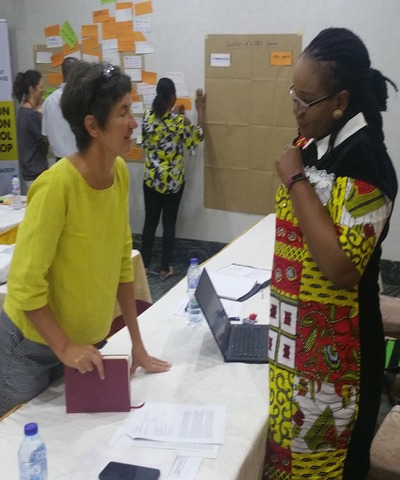
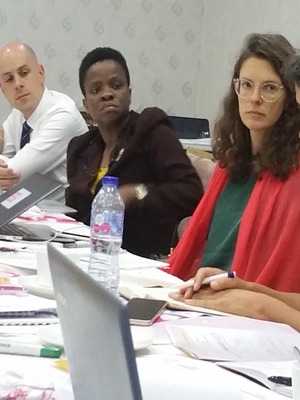
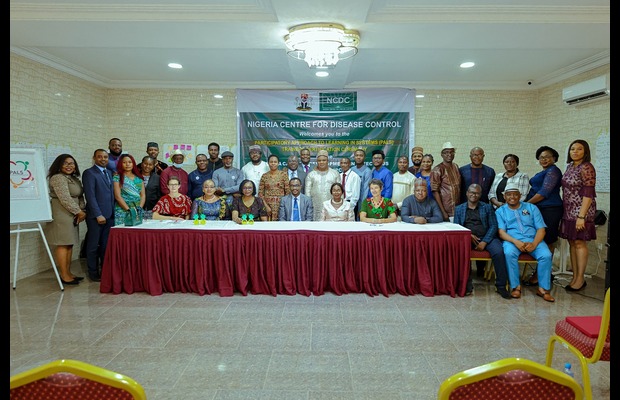
About the Project
NiCaDe IPC
The NiCaDe IPC project aims to build up and consolidate training capacities for infection prevention and control (IPC) in Nigeria. In a collaborative effort, expert from the Nigeria Centre for Disease Control and Prevention (NCDC) and the German public health agency Robert Koch Institute (RKI) developed and implemented a novel training approach for IPC…
About the Approach
PALS
The “Participatory Approach to Learning in Systems – PALS” is a training and practice approach for IPC improvement in health facilities. The approach is based upon theoretical concepts of inquiry learning and practiced thoroughly as a participatory approach. Elements of “Theme-Centered-Interaction” are incorporated in order to display the influencing factors for IPC and to reflect a systemic view…
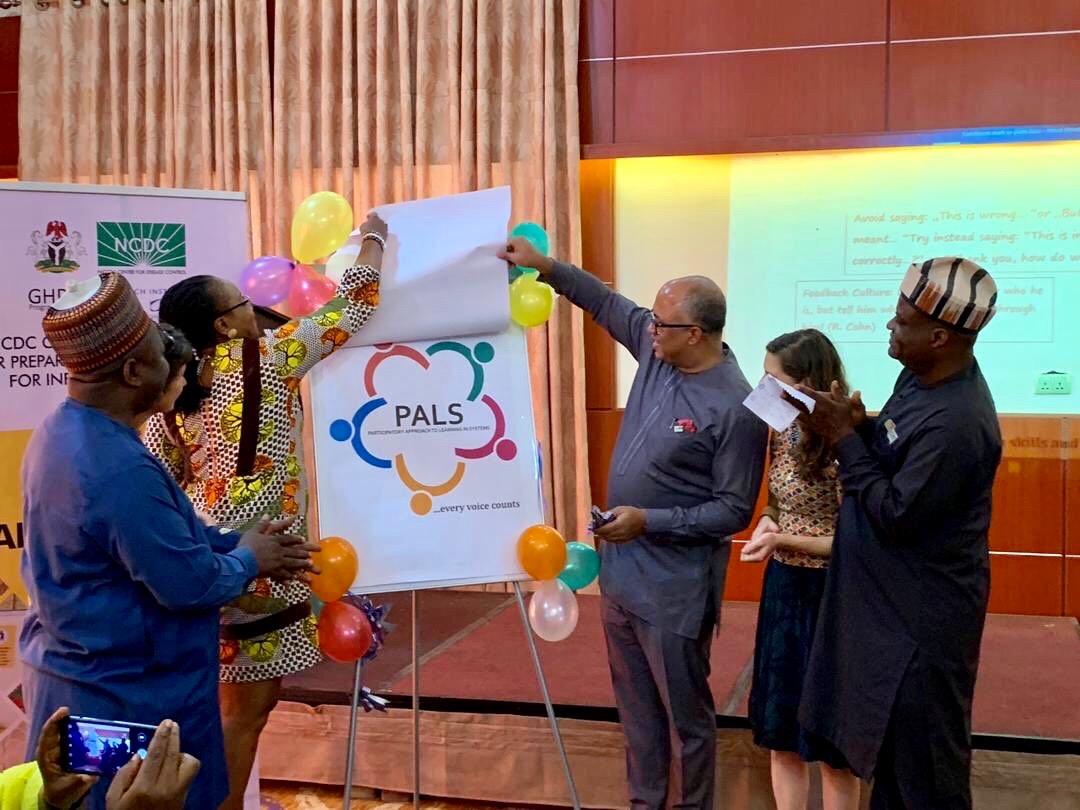
Introducing the "Participatory Approach to Learning in Systems"
PALS in Practice
IPC Improvement in Nigerian Health Facilities
The Participatory Approach to Learning in Systems (PALS), promotes and sustains the development of an attitude towards a vital IPC culture where every voice counts
- PALS in Practice
- PALS training approach and program
- The CA training program
- Becoming a PALS trainer
- PALS CA Ongoing mentoring
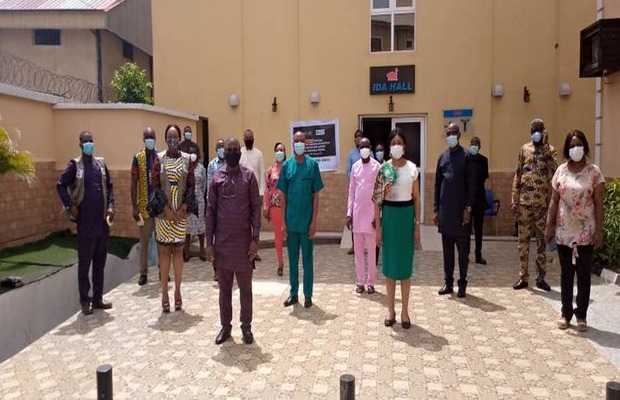
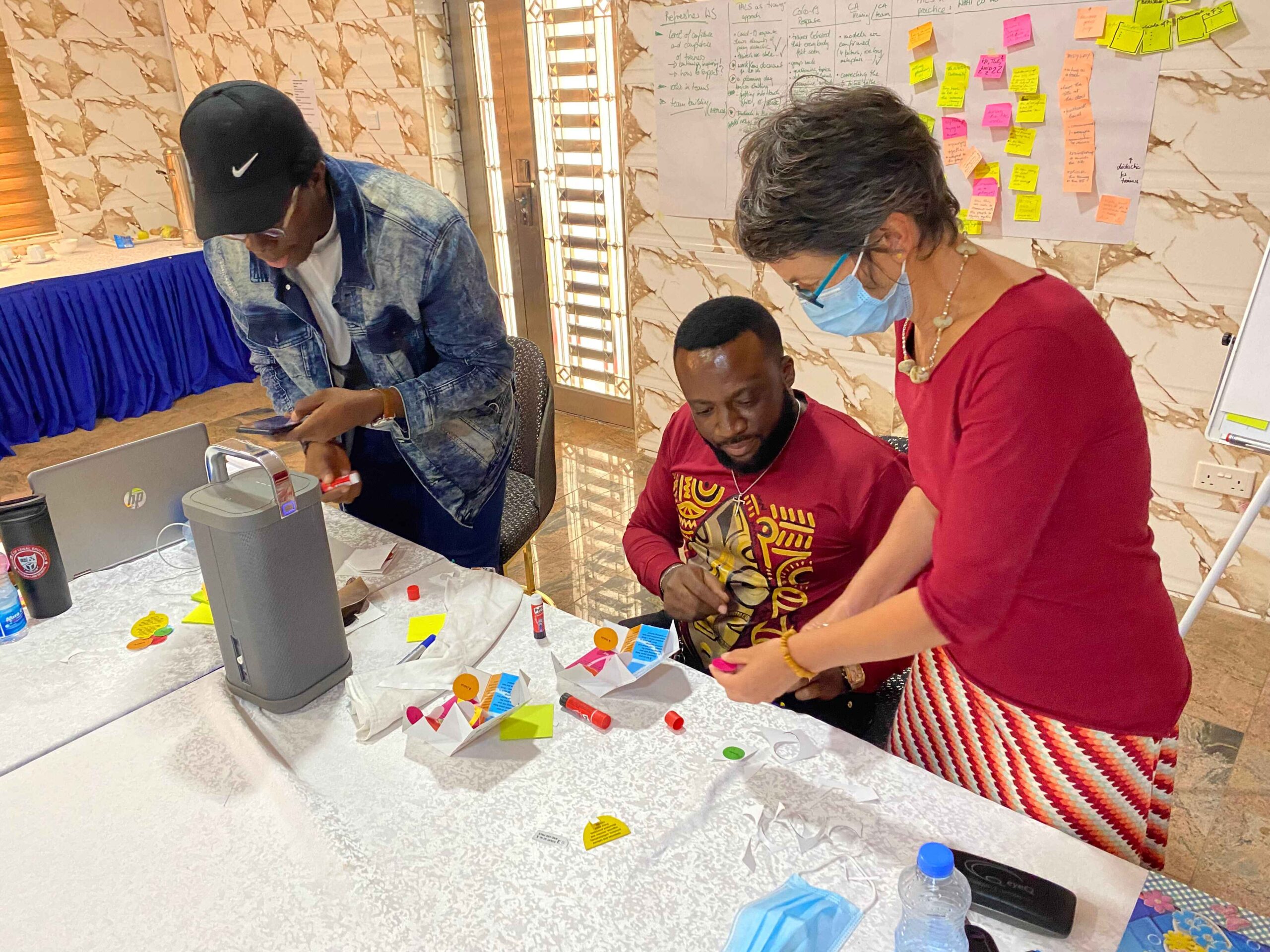
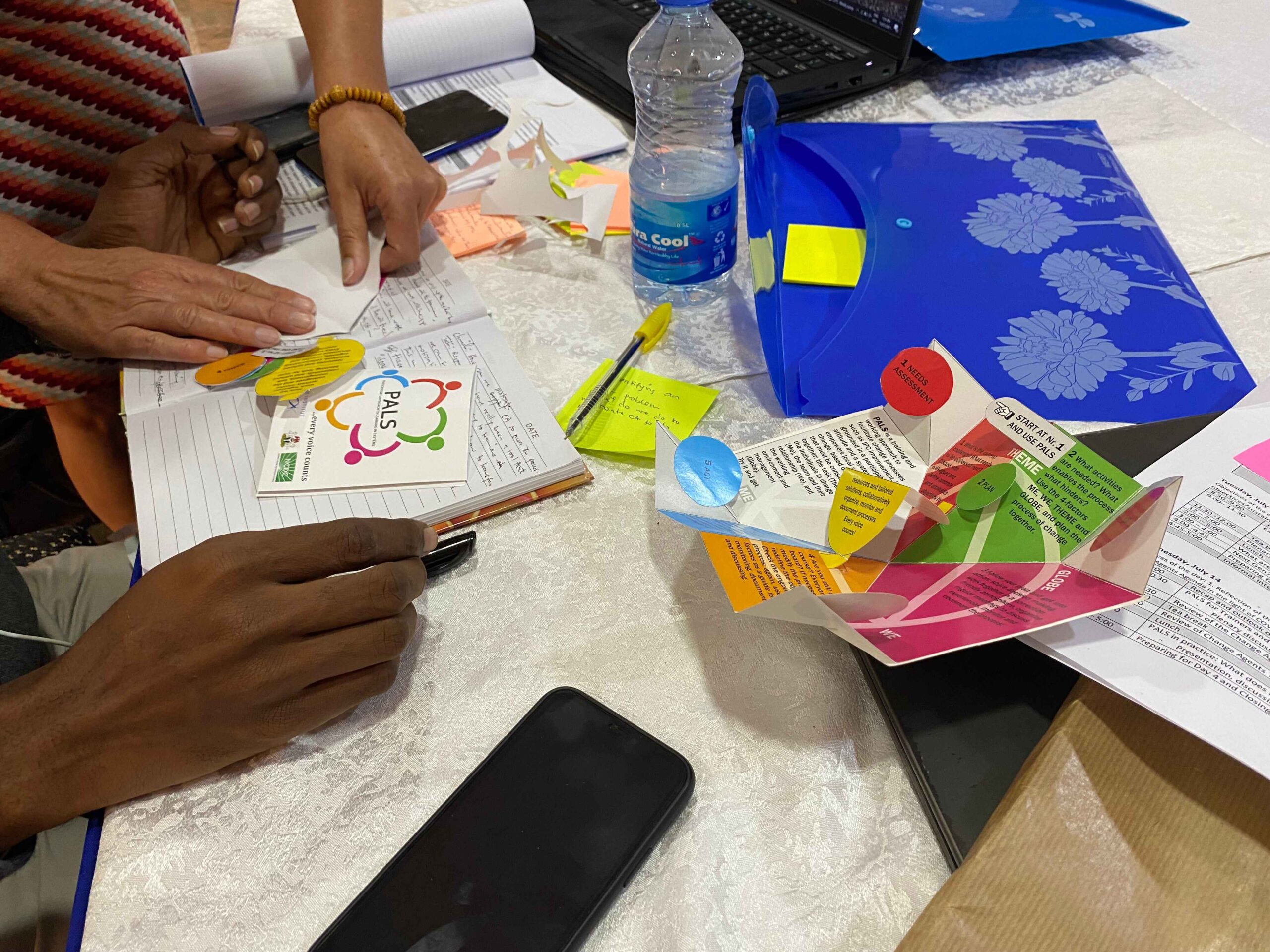
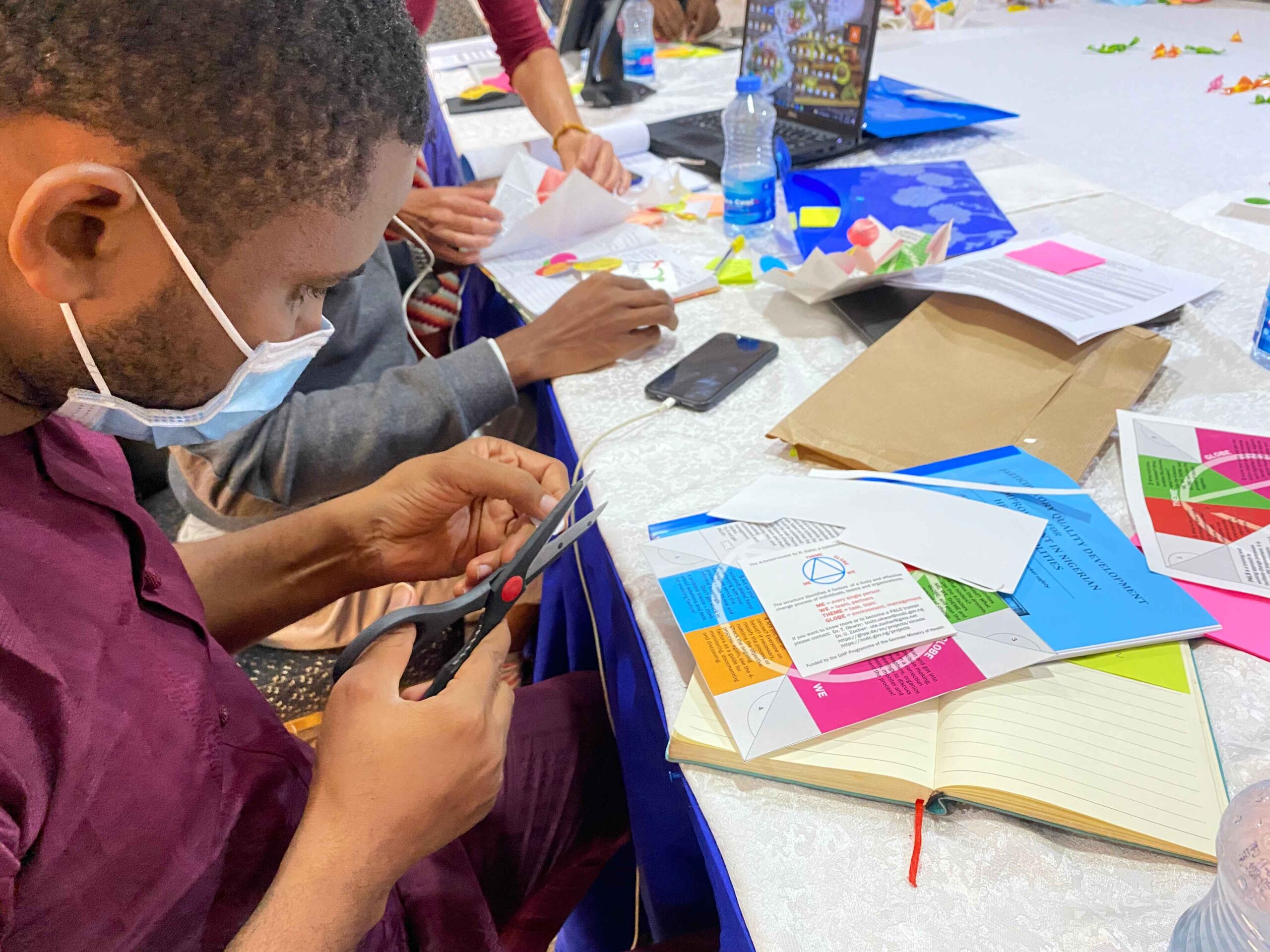
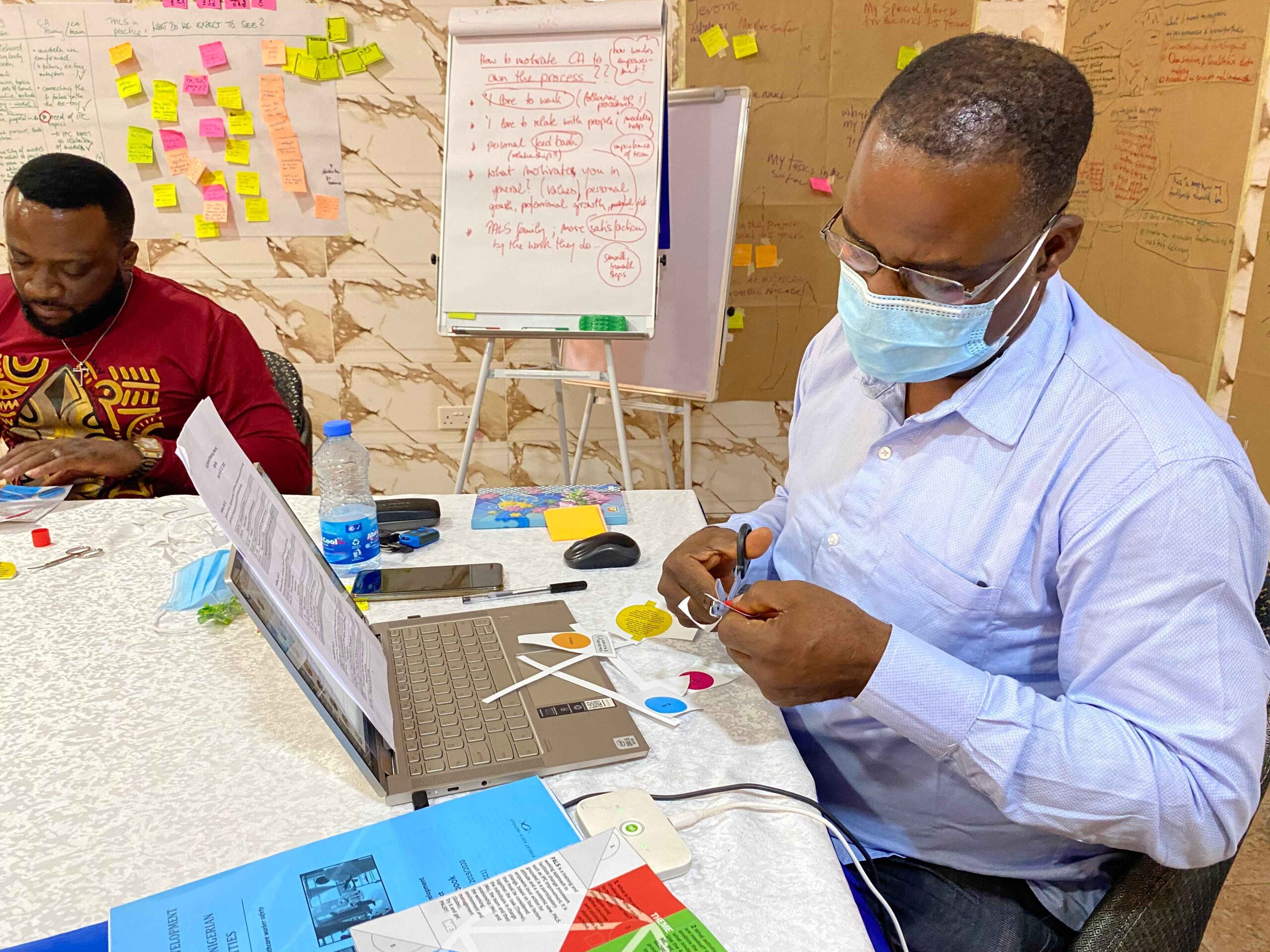
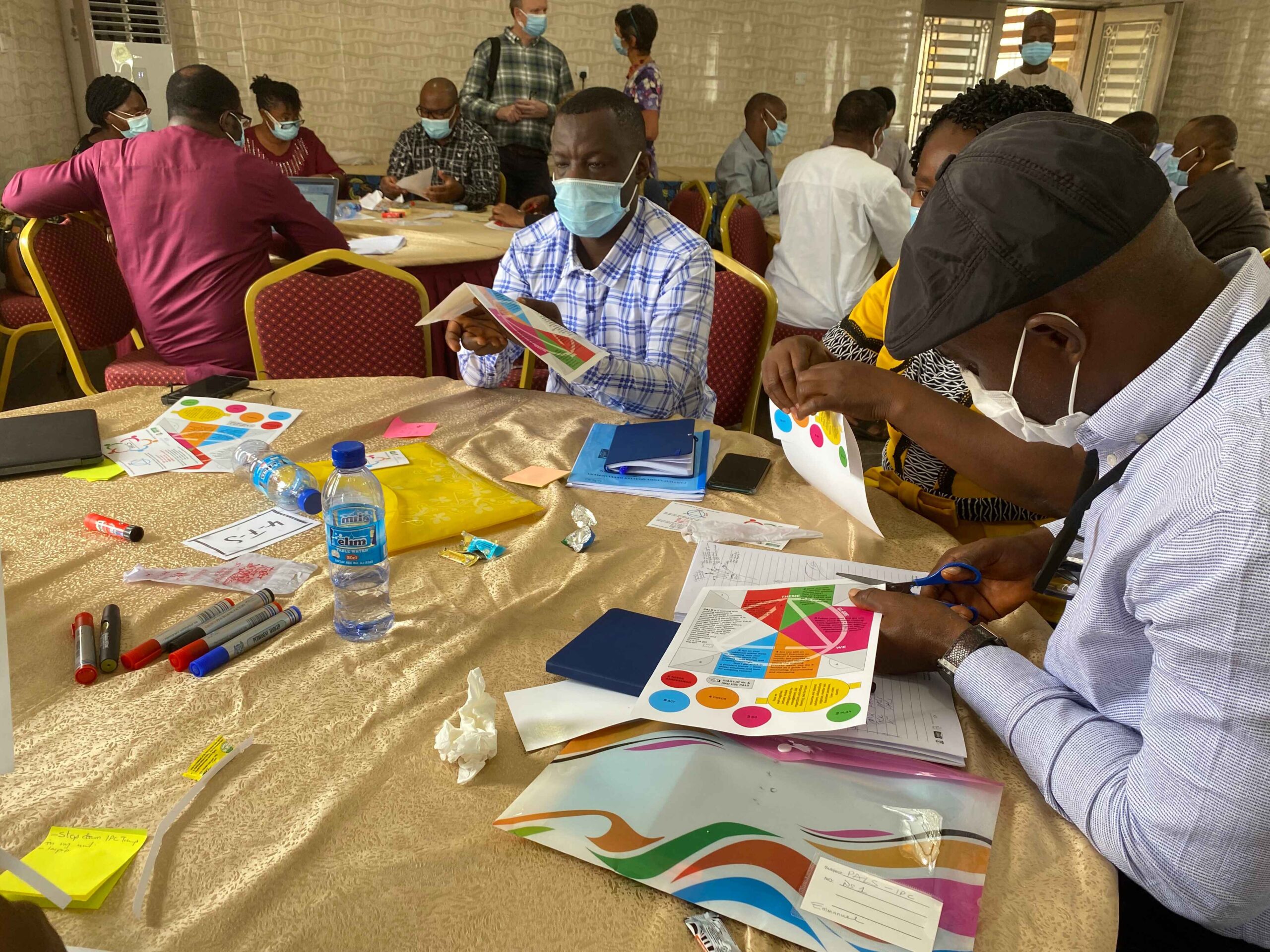
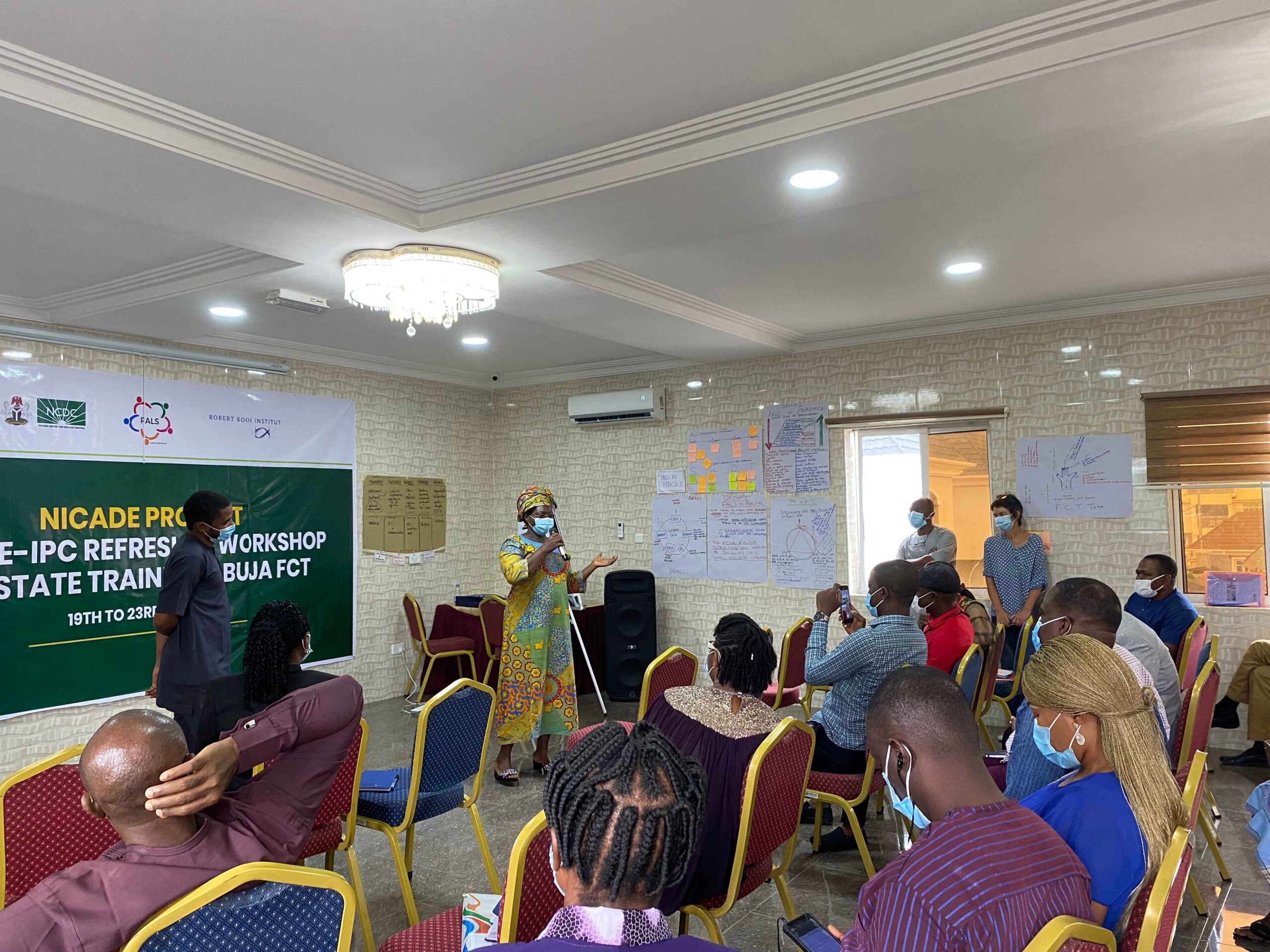
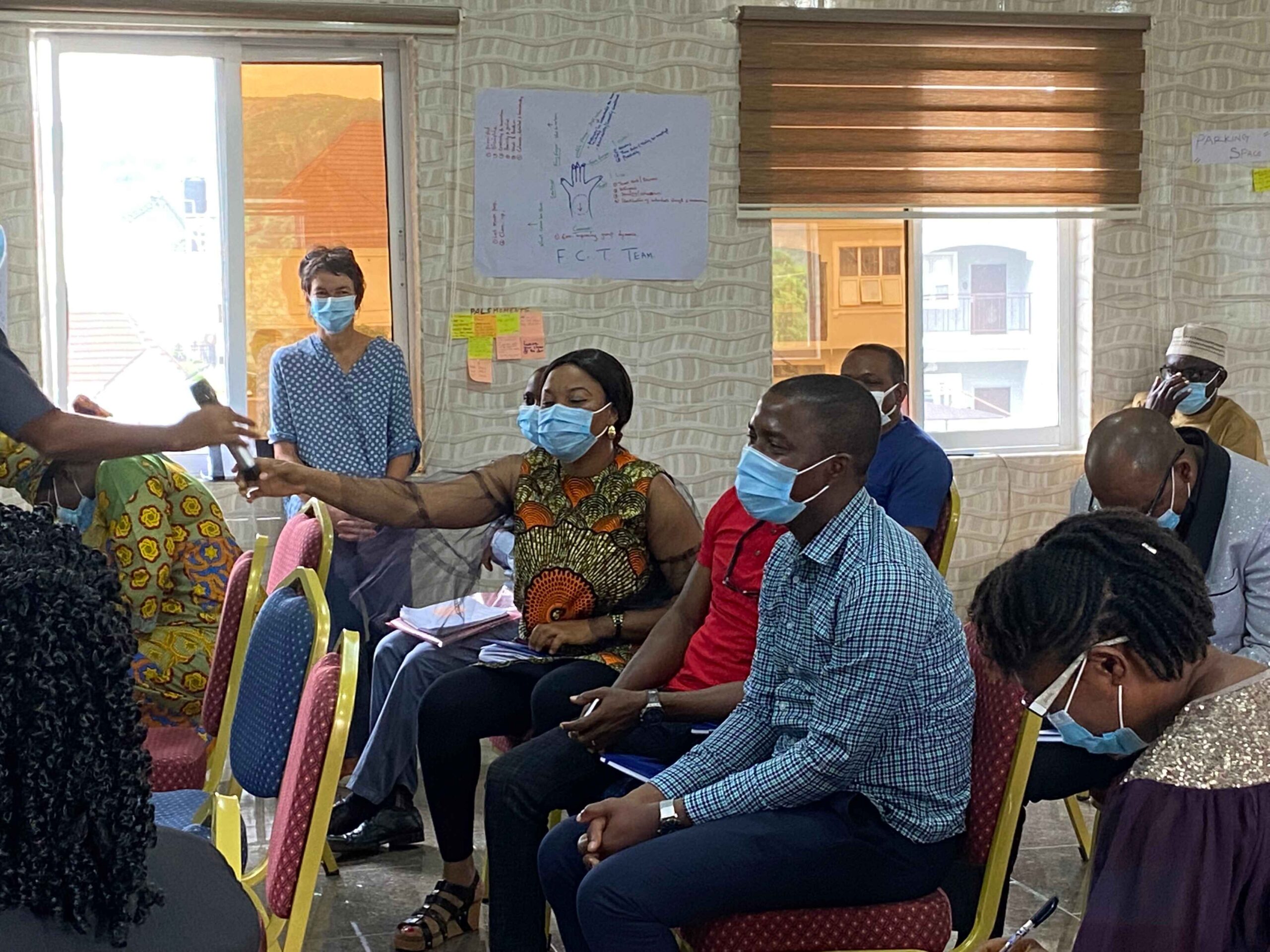
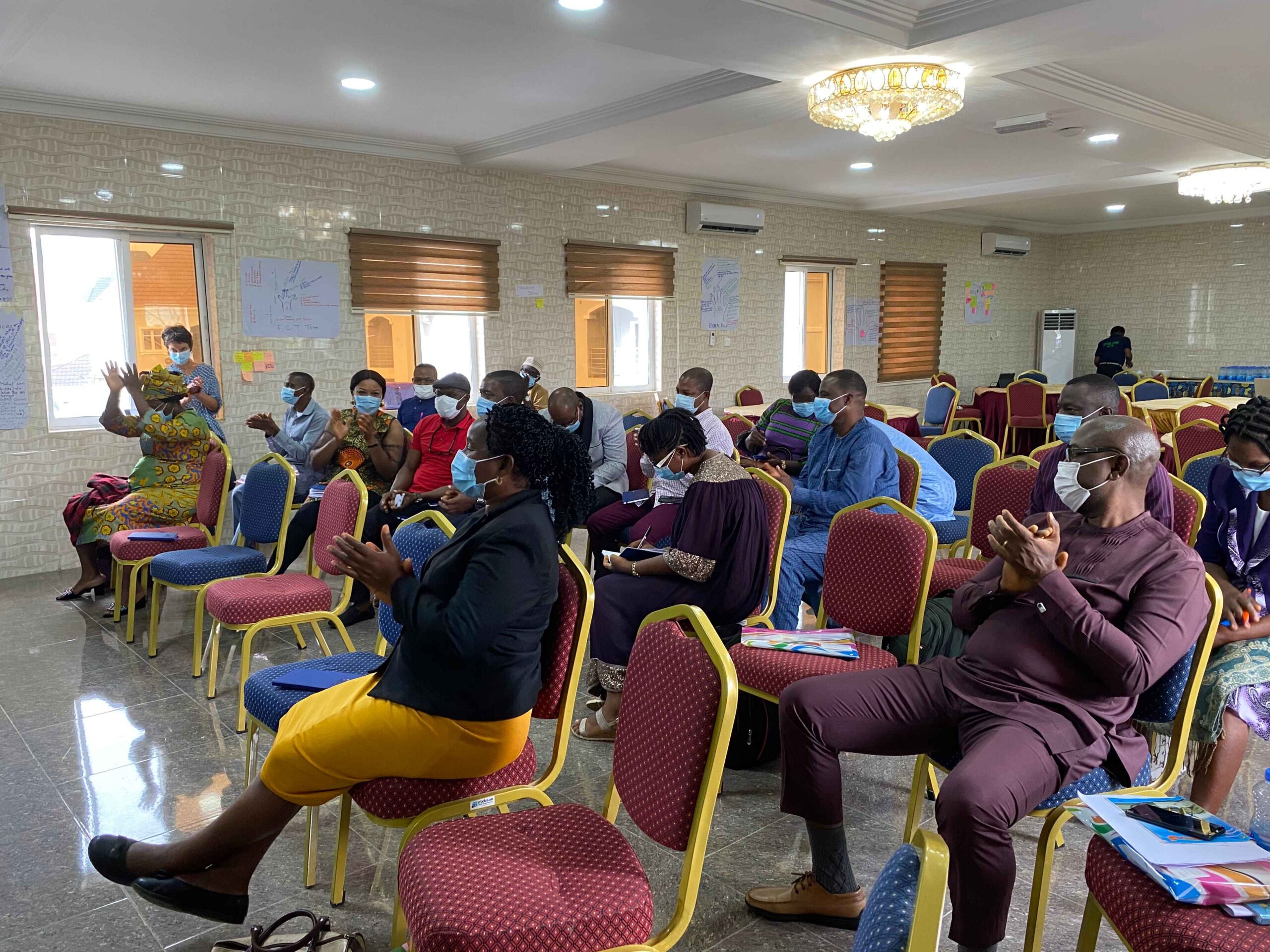
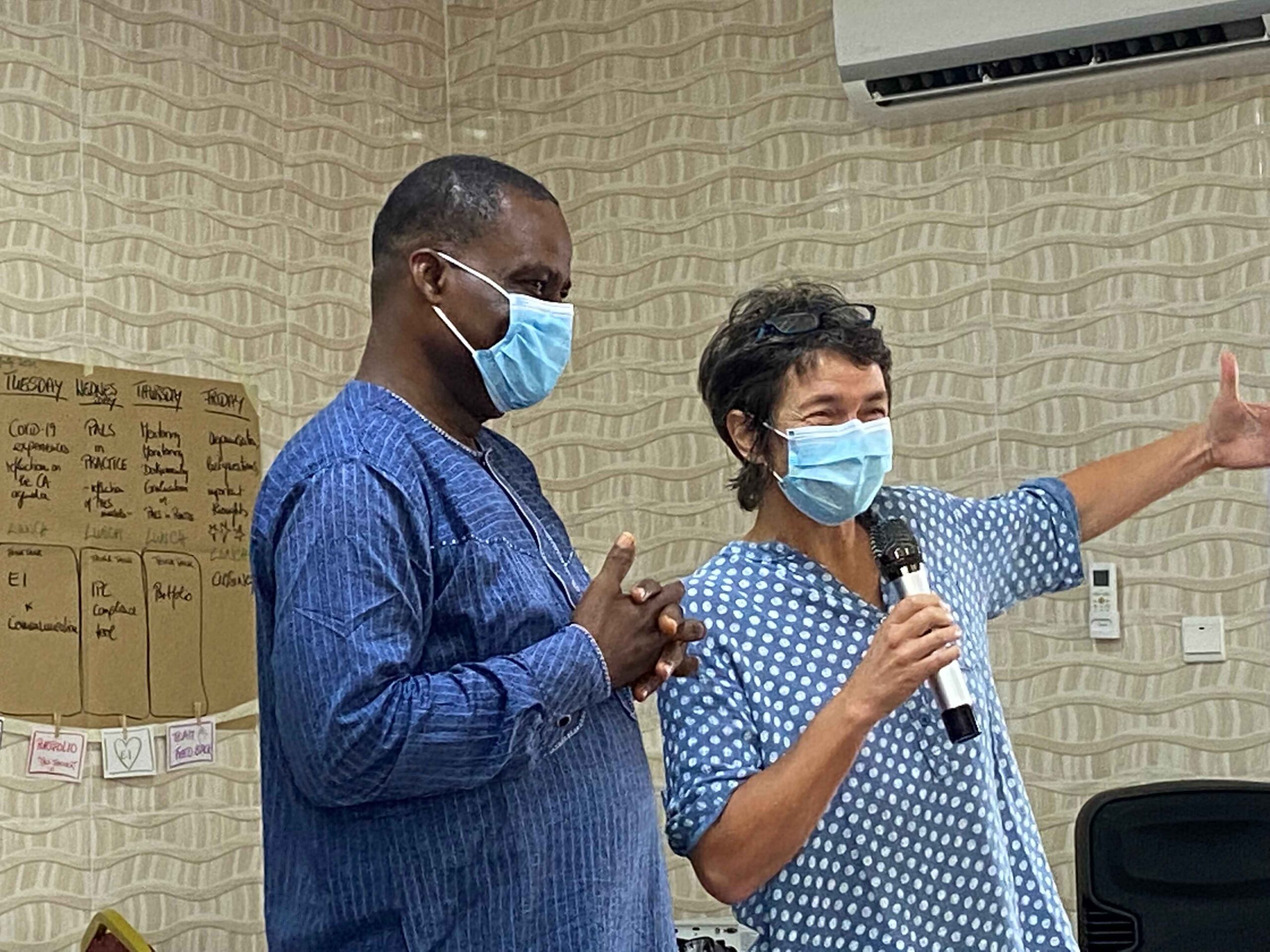
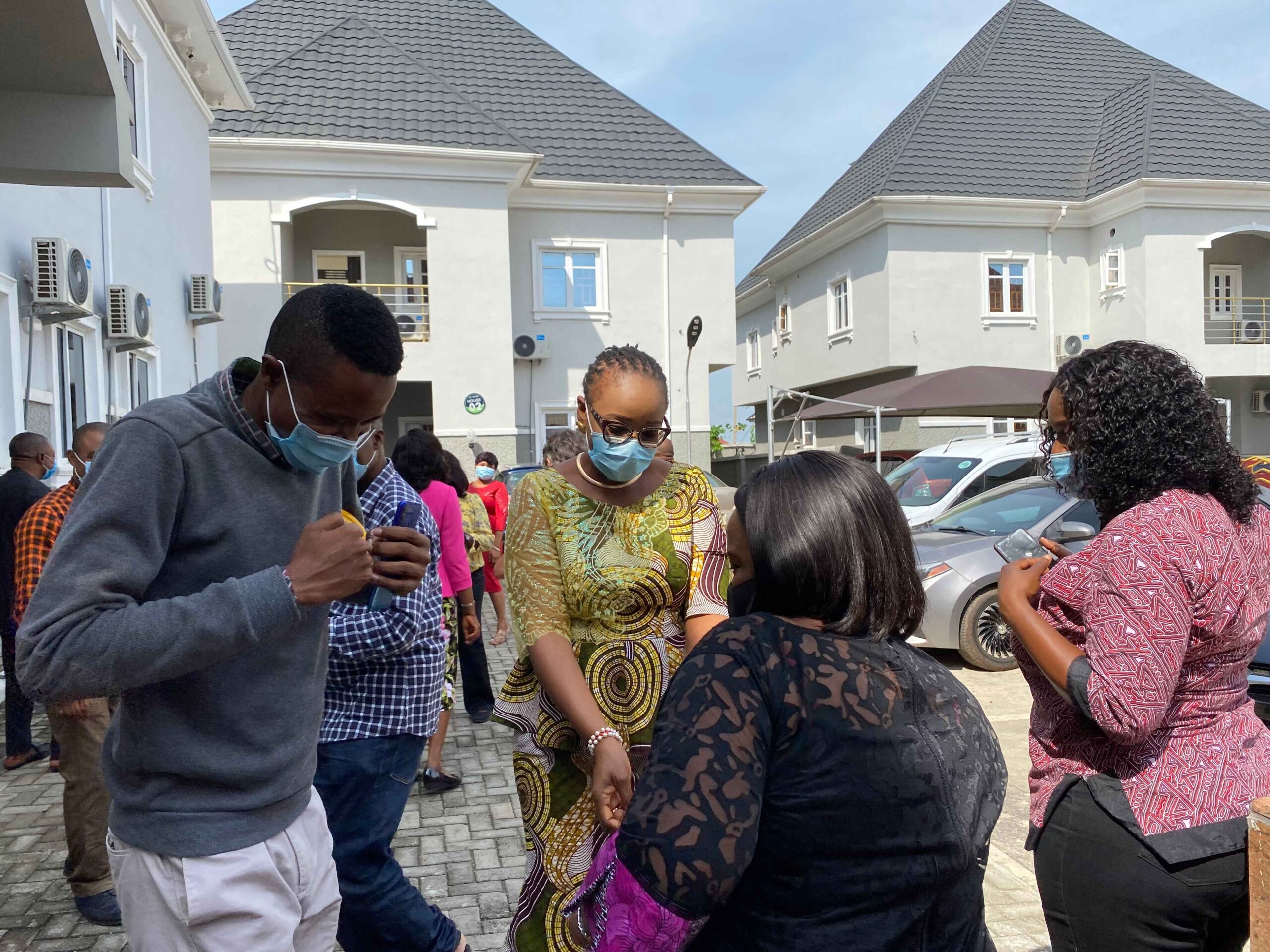
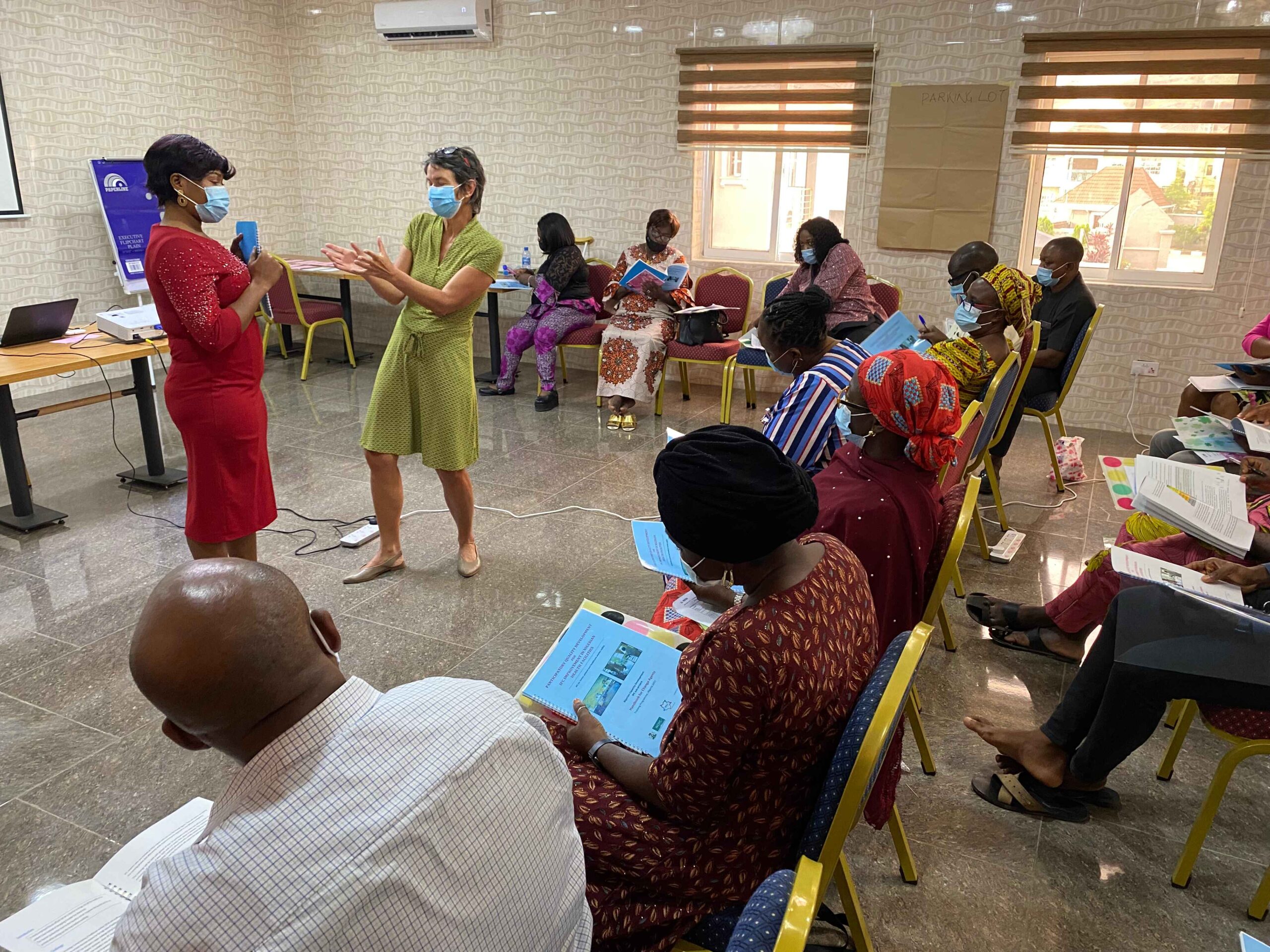
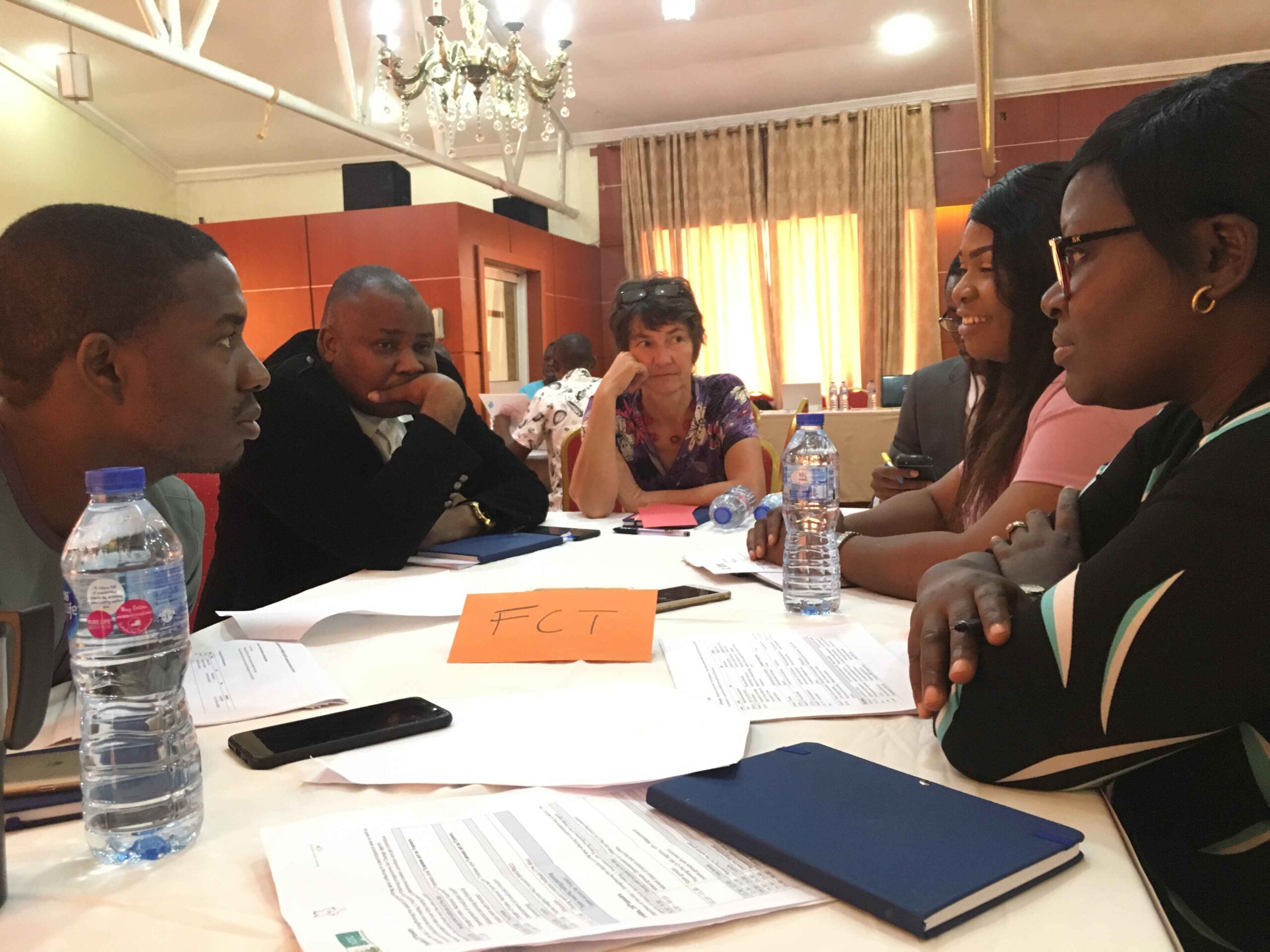
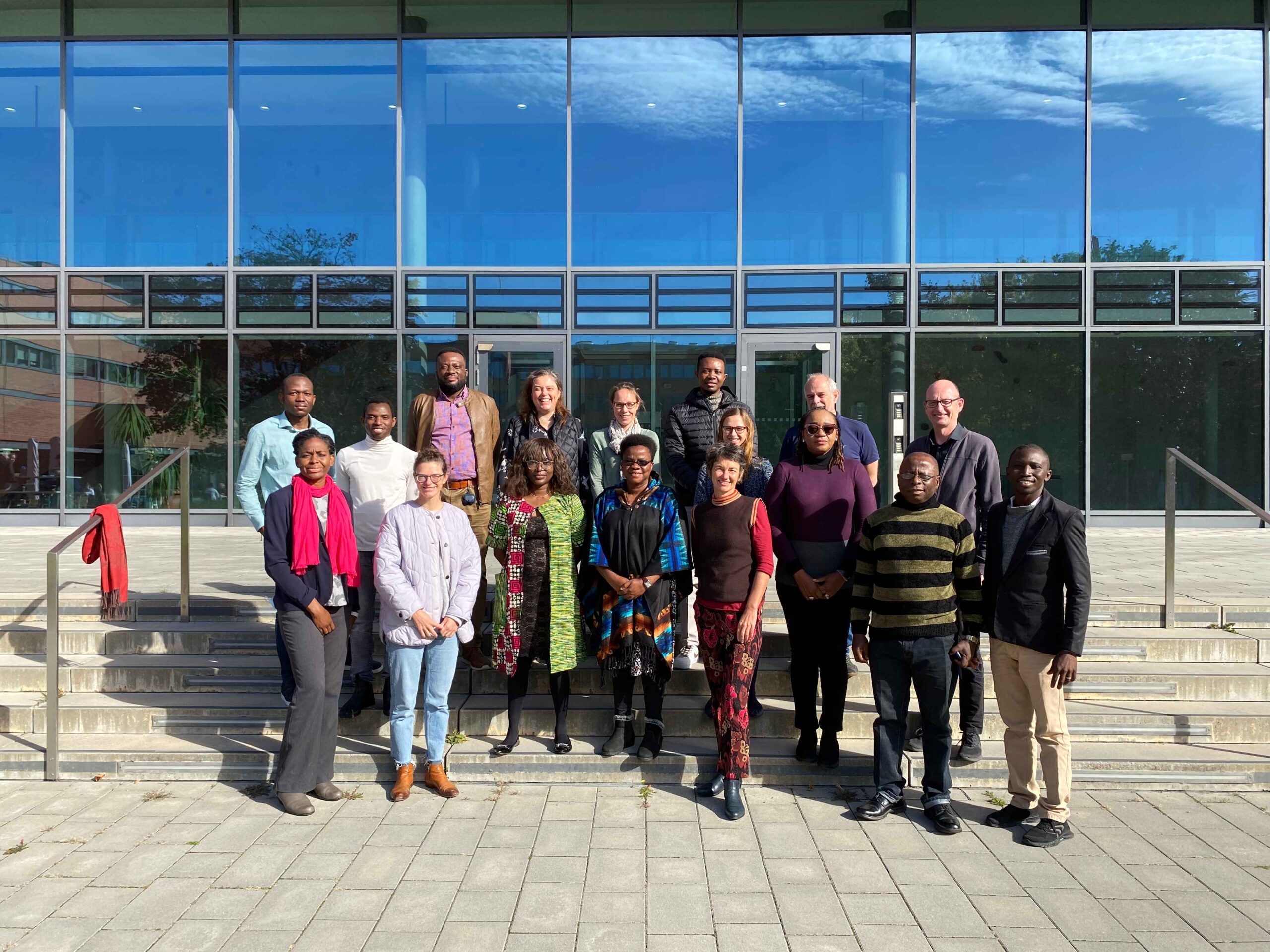

It is my pleasure and delight to welcome you to the NiCaDe-IPC PALS webpage. The Participatory Approach to Learning in Systems (PALS) is an innovative training and practice approach to improving infection prevention and control (IPC). It is the result of years of collaboration between the NCDC and the Robert Koch Institute (RKI) in Germany, bringing together the international and interdisciplinary collaboration with educational, epidemiological and public health experts. It adds a social, systemic and organizational lens to the technical and fact-based understanding of IPC practice.
The approach is built on the concepts of participation, the systemic view and teamwork. It focuses on the local conditions in the health facility and leverages the experiences and expertise of local players, encouraging the active participation and support of facility management as key drivers of effective IPC implementation.
PALS fosters interprofessional and inter-cadre cooperation among health workers, encourages active support of IPC by health facility management and promotes the development of individual and organizational values, change processes, and attitudes. Because PALS views decision making as part of the organizational development process and social negotiation in a system, its principles can be applied to settings other than the healthcare facility to address and resolve systemic challenges.
I am excited that we are integrating this approach into the national IPC programme. As PALS experts love to say, PALS can only be experienced, it cannot be taught. This webpage provides a platform to start experiencing aspects of PALS.
Director General NCDC